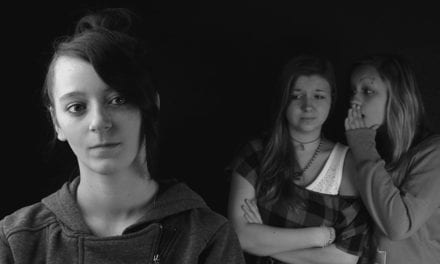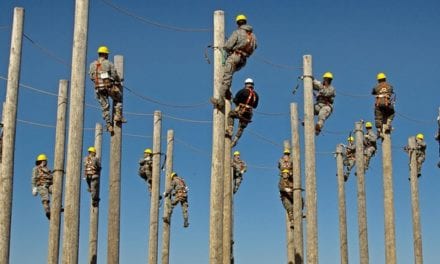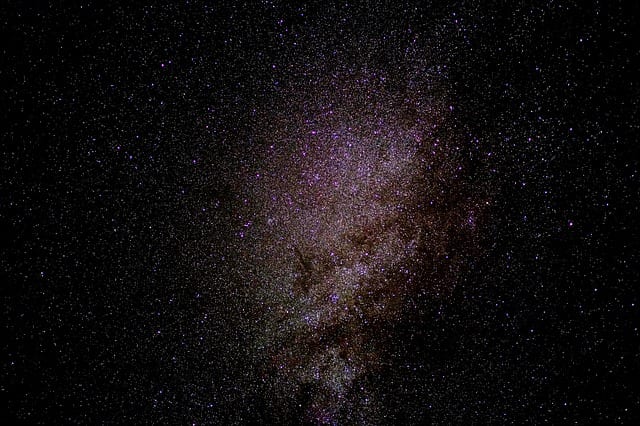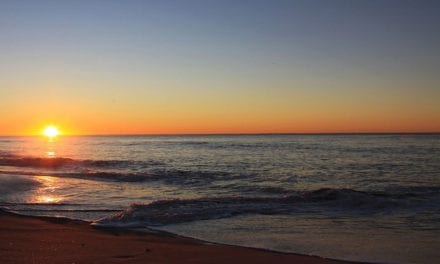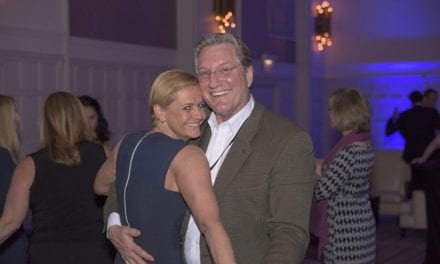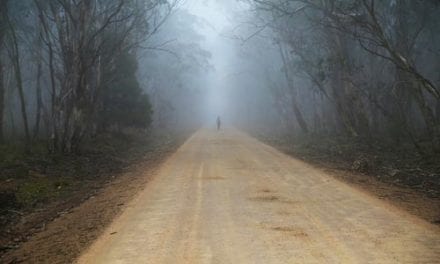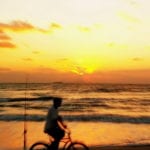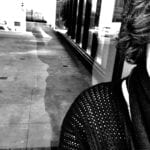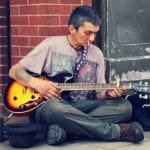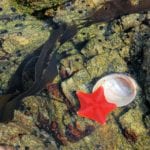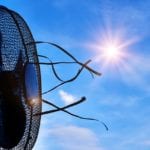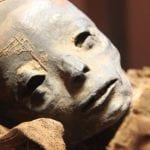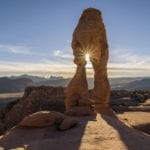Lydia-F
The discovery of the TRAPPIST-1 solar system and seven planets 40 light years from earth re-ignited Bryce Danford’s desire to become an astronomer.
Too poor to go to college full time after he graduated at the top of his class from the New York City Public School system, he eventually worked his way through the State University of New York (SUNY), earning a degree to teach high school science, as close as he could get to his passion for astronomy. And then, eventually, he got a job teaching in the same high school that he’d graduated from five years before.
At age 65, he retired with a pension from the New York State Teachers’ Retirement System. His financial situation was intact. Now, all that he was left to decide was what to do with the remainder of his life. Too old, he felt, to go back to school and study astronomy, he got a job at the Hayden Planetarium where he could, at least, spend his days amid the simulated stars and planets of the universe.
It was also in walking distance from his apartment on West 76th Street, where, as a widower, he still lived, alone because his wife died three years earlier—their two grown sons, living in Utah and Ohio respectively, had families of their own.
Only two weeks before the discovery, having breakfast alone at an outdoor coffee shop on Columbus Avenue near the Planetarium, he’d taken stock of his life and decided that things seemed pretty much okay, and that he’d have to continue sublimating his passion for the stability of regular hours and scheduled coffee breaks. During his 35 years of teaching, he’d grown to love the sharing of knowledge with his students. He was a good teacher and his work at the Planetarium allowed him to continue, albeit peripherally, working with students who came for the tours and the astronomy shows.
This discovery suddenly put a whole new perspective on things. He realized that he couldn’t simply drift through a digital universe, he had to be a part of it. And if that meant uprooting his life and finding a job at an observatory where he could at least be close to the reality of discovery, then so be it.
The problem remained – what could he do? He had no degree and his only education was the very rudimentary elements of astronomy needed to teach high school basics. He was now too old to go back to school as a student, and he certainly didn’t want to get a job sweeping floors just to be around a telescope. There had to be an answer somewhere.
Once the concept of finding that answer permeated his brain, it became an idée fixe. He scoured every astronomy book he could lay his hands on, as if sucking the very words off the page and into his head. And he spent so much time searching the internet for ideas and/or answers that he barely had time to sleep or eat.
He still loved his job at the Planetarium and still enjoyed the people he worked with, and the students, but he’d become so consumed with reading and the internet that he arrived at the last minute and left almost immediately after his shift ended.
Even lunches were taken up in solitary perusal, until one day, one of his co-workers, who he’d regularly eaten lunch with, cornered him as soon as he arrived and demanded to know what was bothering him.
Amanda Barnett was a portrait artist who worked part time at the Planetarium, more to escape from the isolation of her art studio and be with people than for the income. At nearly 60, she lived very comfortably in a huge pre-war, rent controlled apartment, and she always had a list of commissions that would take at least a year to complete.
Beginning shortly after Bryce began working at the Planetarium, they seemed to almost constantly stumble over each other. With the same schedule, they therefore had the same breaks and lunch hour—they gradually began taking their breaks and eating lunch together.
It wasn’t a romantic relationship, but it was much more than simply co-workers. They were friends in the truest sense of the word.
But lately, Amanda had become more and more worried about Bryce’s behavior, and she’d decided to find out what was going on.
Bryce was startled, but because of their friendship and the obvious concern in her voice, he agreed to meeting after work so he could tell her the whole story.
Amanda immediately agreed and dinner at a nearby Italian restaurant seemed like an ideal way to spend the evening—both of them suddenly felt a sense of relief—Amanda because she thought she could somehow help if she knew what was going on, and Bryce because he knew that once he shared the problem a solution would be found.
They were long past dessert and well into their second bottle of wine before Amanda suggested, “Have you ever thought of a university, one connected with an observatory?”
“I don’t have the credentials.”
“Maybe not the PhD, but you have the teaching experience and years of study.”
“That’s not enough for universities. They want the piece of paper that says Doctor of…”
“I’m not suggesting a full professorship. There are lots of possibilities. It’s worth looking into, isn’t it?”
Bryce sipped his wine thoughtfully before answering, “Okay. You’re right. It’s worth looking into.”
Amanda smiled and tipped her wine glass toward Bryce as a salute to his success.
~~~OOO~~~
“Dad! This is a surprise.” . . . “No, I’m glad to hear from you, but it’s been nearly six months.” . . . “Sure Dad. I’ll ask around and let you know. But, Dad, I’m not promising anything.” . . . “Bye.”
Bryce sat in deep thought for several minutes after his son hung up the phone. He and his sons had never been close. That was more their mother’s domain. And he was always busy teaching, with all the extras that entails, and engaged in his own astronomy studies—his time was spent either at school or in his study.
They remained cordial, and there were periodic phone calls, and an annual visit either in NYC or, more often, because it was easier due to his sons’ families, they’d gather in Utah or Ohio.
Calling was a last resort after scouring every list of possible positions available in anything relating to what he hoped for. Teaching hospital administration at a university in Ohio was a far cry from an observatory, but Bryce knew that members of academia had their own academic grapevine, so someone, somewhere, might know of something. It was a long shot, but as Amanda had suggested, it was worth looking into.
~~~OOO~~~
They were sitting at the same table in the same Italian restaurant, sharing another bottle of the same wine. Bryce and Amanda were comfortable together. It was a good and comfortable friendship, and Bryce knew that she would be truly happy for him. He’d waited until everything was confirmed and then waited until they could go back to the scene of the crime, so to speak. This was where the process had been set in motion, and this is where he wanted to share his good news of the resolution.
It had been a lovely dinner and, as they sipped their espresso, Amanda looked at him quizzically.
“What is it?” she asked, not knowing what to expect from his reply. This time she couldn’t read anything in his face.
“A friend of a friend of a friend of my son, who teaches hospital administration at a university in Ohio, has a small stipend available for an observatory assistant at the night-school. He’s actually an astronomy professor at the same university where my son teaches, and this is for non-university students, mostly amateur astronomers, plus a few students who simply want some extra time around the telescope and with Professor Hanson. He’s very popular.
The position is partially administrative, plus a little teaching and a little assisting, which I think will be whatever is needed at the moment. All of that, plus I get to take university classes on a non-matriculating basis and I get a turn at the telescope along with the rest of the night-school class.
~~~OOO~~~
Bryce had twice deferred his turn at the telescope, stating that he was waiting for a particular night. Everyone, including Professor Hanson, was perplexed, but because of Bryce’s own popularity, they all accepted his requests without asking any further questions.
When the night came and it was his turn, he took a small notebook from the inside pocket of his jacket and showed the coordinates to the student at the computer which operated the position of the telescope. His astonished look prompted Professor Hanson to peer over his shoulder before nodding that it was OK to follow the coordinates. Even Professor Hanson had no idea why Bryce would want to follow those coordinates at this time of the year, but they’d grown close enough for him to allow Bryce to try.
For several minutes, Bryce sat silently, peering into the eyepiece. Then he stood up to make sure he had seen what he thought he’d seen before looking again.
“There she is,” he said softly.
“What?” Professor Hanson asked.
Bryce moved away without answering so the Professor could take his place.
“There she is,” Bryce repeated to the astonished astronomer who appeared to have his eye glued to the telescope viewer.
The singularity of the moment produced its effect; silently every student gathered and took a turn gazing at what they all now believed was a momentous occasion.
“If verified,” Professor Hanson said, “you’ve discovered a new star which could be a sun and therefore could have planets. What made you look there?”
“I’ve had 35 years to study and calculate. I have more notebooks and charts than I can count,” Bryce answered, feeling overwhelmed by a sense of the enormity of what everyone was saying as they congratulated him and kept returning time after time to the telescope.
Finally, Professor Hanson took Bryce aside.
“It will be some time before we can verify your finding and announce it, but do you have a name in mind, since it’s your discovery?”
“Lydia-F.”
“Any reason?”
“She’ll know.”

